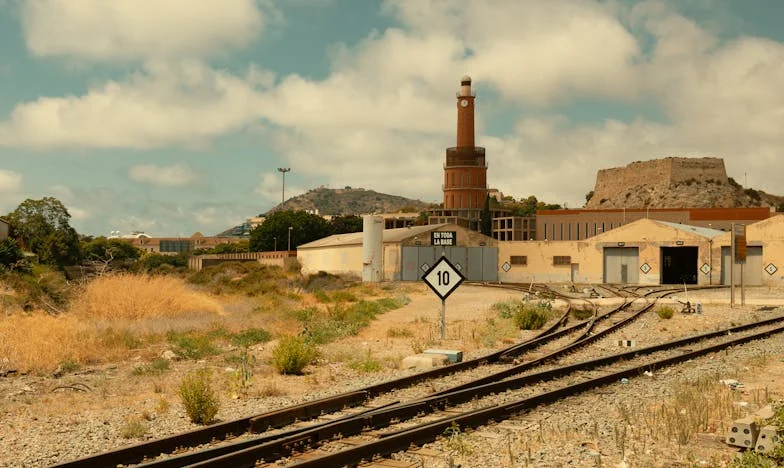“I Came to See My Son, But He Said, ‘I Don’t Have a Mother'” — A Story of Regret, Estrangement, and Hope
“I don’t have a mother.” The words sliced through me sharper than Chicago’s February wind, leaving me on the stoop of my son’s apartment, clutching a casserole I spent all night making. I stood there, frozen, watching as he turned his back and walked inside, the door clicking shut with a finality that echoed through my empty chest. I wanted to scream. I wanted to run after him, beg him to let me in. But all I managed was a whisper to the closed door: “I’m sorry, Adam.”
You want to know how someone ends up here — estranged from the only child she ever had, reduced to a stranger? Let me take you back. My name is Elaine Miller. I grew up in small-town Ohio, dreaming of big city lights and bigger love stories. I met Tom at a college party in Cincinnati; he had this easy laugh, the kind that made you feel safe. We married after graduation and moved to the suburbs of Indianapolis. Adam was born on a rainy April morning, three years later.
For a while, we were the kind of family you see in Christmas commercials. But when Adam turned three, everything cracked. Tom came home one evening, suitcase in hand, eyes empty. “I can’t do this anymore,” he muttered. No explanation. No apologies. He left the next morning. I was alone, with a toddler, a mountain of bills, and a heart so bruised it barely beat.
People say you find out who your friends are in times like these. Turns out, I didn’t have many. My parents were gone, my sister lived in Texas and barely called. I tried to hold it together for Adam, but there were nights I’d sit on the bathroom floor, crying while he slept. The rent was late, and groceries got cheaper every week.
Then, out of the blue, my old college roommate, Sarah, called from Philadelphia. “They need someone to run the new branch. It’s good money, Elaine. You should think about it.” Good money. An apartment. Healthcare. It sounded like salvation. But it was a thousand miles away. I told myself it was just until I could get on my feet — just a year, maybe two, and Adam would understand. He was four. He wouldn’t remember.
But here’s what they don’t tell you: kids remember the absences deeper than the presences. My sister, Clara, agreed to take Adam for a while. She had two kids of her own, a husband who adored her. I told myself he’d be fine. I called every night, sent money, mailed little gifts. But the calls got shorter, and Adam’s voice grew distant, unsure. “Why can’t you come home, Mommy?” I’d choke out some lie about work. When I hung up, I’d stare at the phone, fresh guilt burning through the old.
The years slid by. I buried myself in work, got promoted, bought a condo. I sent for Adam three summers in a row, but he always came back to Indiana quieter than before. I missed his first soccer game, his braces, his voice cracking into manhood. Each missed milestone was another stone in the wall growing between us. I told myself I was building a future for him, but all I ever did was build distance.
When Adam turned eighteen, he stopped picking up the phone. The last time we spoke, we argued. He shouted, “You chose a job over your own kid!” I shot back, “I did what I had to so you could have a better life!” He hung up. I stared at the silence, realizing I didn’t even know his favorite band anymore.
For years after, I sent birthday cards, care packages, long emails that never got a reply. I watched his life unfold through Clara’s Facebook — college graduation, a new girlfriend, a move to Chicago. It was like watching a movie I was never cast in.
Then, last month, Clara called. “Adam’s in the hospital. Appendicitis. He’s okay, but I thought you should know.” My legs went weak. I booked a flight that night, rehearsing what I’d say, how I’d ask for forgiveness. I brought his favorite casserole — or at least what used to be his favorite — and practiced smiling in the mirror of my hotel bathroom.
Now, here I was, trembling on his doorstep. When he opened the door, Adam looked like Tom — tall, brown hair falling into his eyes. For a split second, I saw my little boy. But his face hardened. “What are you doing here?”
“I… I came to see you. To make sure you’re okay.”
He stared at the casserole, then back up at me. “You don’t get to just show up and be my mom now. I don’t have a mother.” His voice was flat, but his eyes were wet. He turned and disappeared inside, leaving me with nothing but the sound of my own heart breaking.
I sat on the stoop for an hour, numb. I thought about every choice, every rationalization, every time I told myself that survival justified absence. I remembered the times I could have flown home for a weekend, the holidays I could have spent in Indiana instead of at my desk. I had built a life for us, but I’d left my son behind in the rubble.
Do mothers ever truly get forgiven, or do we just learn to carry our regret like a second skin? If you’ve been where I am — empty-handed, aching, hoping for a door to open — tell me: would you have chosen differently? Would you knock again?
